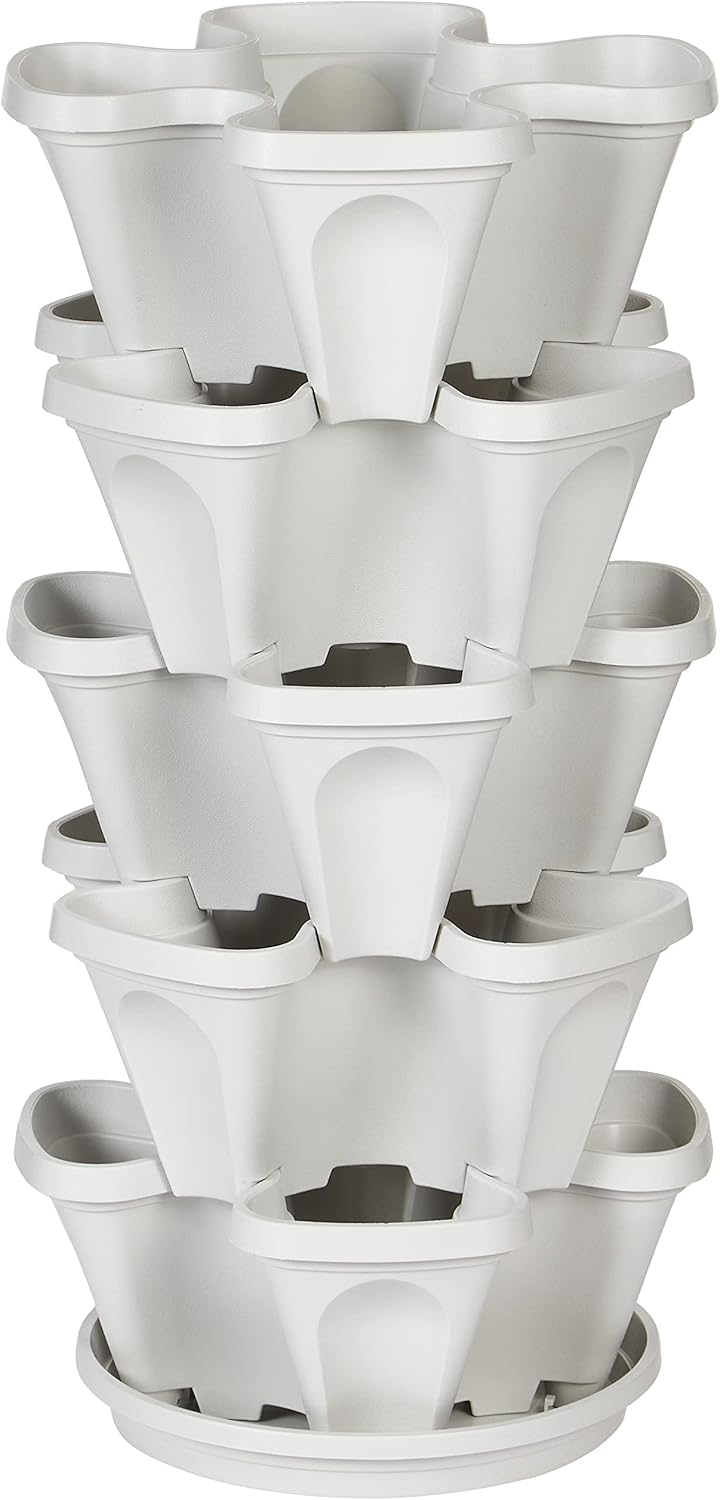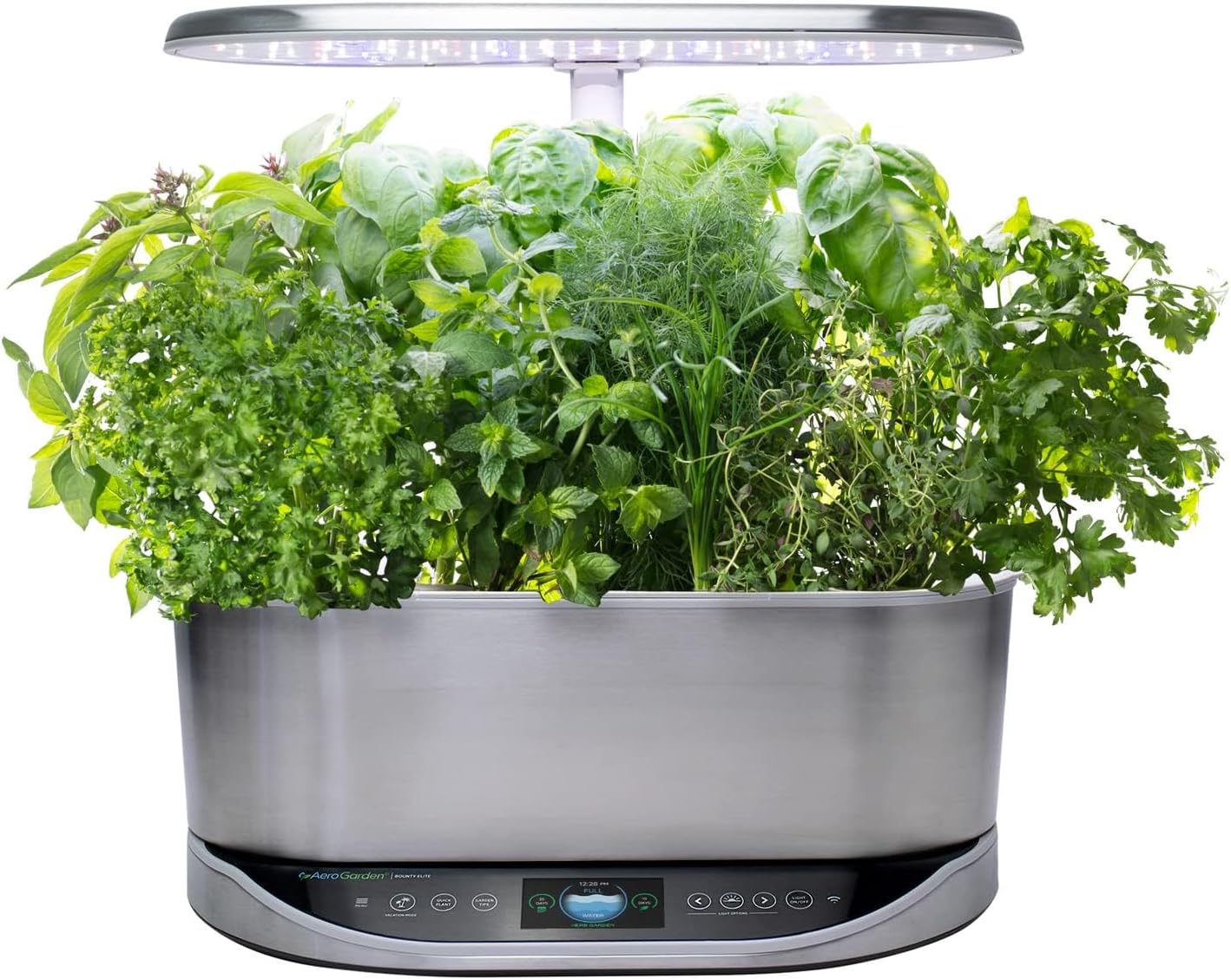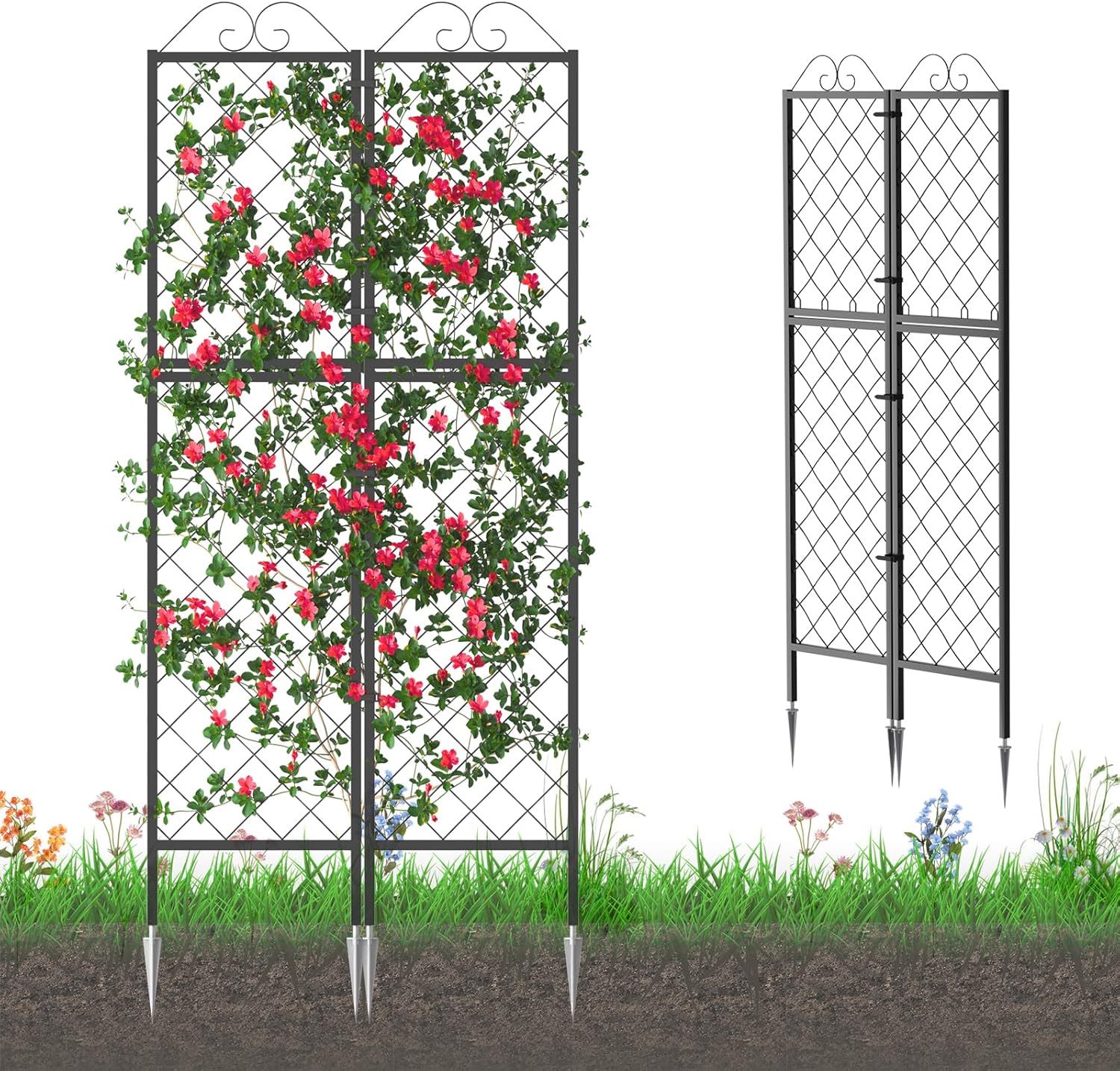Vertical gardening is a method that allows gardeners to grow plants vertically rather than horizontally. It’s an ideal solution for small spaces, urban environments, or anyone looking to create lush, green walls. Vertical gardening systems are versatile, aesthetically pleasing, and can be tailored to suit various plants and spaces.
What is Vertical Gardening?
Vertical gardening involves growing plants on structures such as walls, trellises, or specially designed systems. It is particularly useful in places with limited ground space, like balconies, patios, or indoor areas. This technique is not only practical but also enhances the visual appeal of a space by turning walls or fences into vibrant, living artworks.
Benefits of Vertical Gardening Systems
- Space Efficiency: Perfect for small spaces like apartments, balconies, or urban homes.
- Improved Air Quality: Plants filter the air, removing toxins and adding oxygen.
- Aesthetic Appeal: Green walls and vertical gardens are visually stunning and can serve as natural privacy screens.
- Accessibility: Reduces bending and stooping, making gardening easier for people with mobility issues.
- Versatility: Suitable for a wide variety of plants, including vegetables, herbs, flowers, and even succulents.
- Pest Control: Elevated plants are less susceptible to ground pests.
Affiliate Disclosure: Some of the links on this website are affiliate links, meaning, at no additional cost to you, we may earn a commission if you click through and make a purchase
Types of Vertical Gardening

#1st Rated
Wall Mounted Planters
These systems feature small containers or pockets attached to walls, ideal for herbs and small flowering plants.
Example: Pocket Wall Planters

#3rd Rated
Stackable Planters
Stackable systems are space-saving and allow multiple plants to grow in tiers.
Example:
- Mr. Stacky Vertical Garden Planter

#4th Rated
4. Hydroponic Towers
These systems grow plants without soil, using water and nutrient solutions instead.
Example:
- AeroGarden Bounty Elite
See Our Review: AeroGarden Bounty Elite
How to Choose a Vertical Gardening System
- Location
Decide whether your system will be indoors, outdoors, or both. Indoor systems might require grow lights, while outdoor systems need weather-resistant materials. - Plant Type
Choose a system that supports the plants you want to grow. For instance, herbs and flowers thrive in wall-mounted planters, while vegetables do well in hydroponic towers. - Size and Space
Consider the amount of available space. Stackable or compact systems are ideal for tight areas, while larger panels work well for expansive walls. - Ease of Maintenance
Look for systems with features like built-in watering systems or reservoirs to reduce upkeep.
Plants Suitable for Vertical Gardens
- Herbs: Basil, parsley, mint, cilantro
- Vegetables: Tomatoes, lettuce, spinach, beans
- Flowers: Petunias, marigolds, nasturtiums
- Succulents: Echeveria, jade plant, string of pearls
- Ferns: Boston fern, maidenhair fern, asparagus fern
Installation and Maintenance Tips
- Prepare the Surface: Ensure walls or structures are strong enough to support the weight of the system and plants.
- Provide Proper Lighting: Ensure plants receive adequate sunlight or supplement with grow lights.
- Water Regularly: Some systems have self-watering features; for others, use drip irrigation or manual watering.
- Use Quality Soil: Choose lightweight, well-draining potting mix to avoid excess weight on vertical systems.
- Inspect Regularly: Check for pests, diseases, and overgrowth to keep your garden healthy.
DIY Vertical Gardening Ideas
- Pallet Planters: Repurpose wooden pallets into multi-level planting systems.
- Plastic Bottle Gardens: Cut and hang recycled plastic bottles to grow herbs or flowers.
- Hanging Baskets: Suspend baskets on hooks or rails for cascading plants.
Why Vertical Gardening?
Vertical gardening systems offer an innovative solution to modern gardening challenges. They maximize space, beautify your environment, and allow you to grow fresh produce and plants in unconventional areas. Whether you’re a seasoned gardener or a beginner, these systems make gardening accessible and rewarding.
Explore vertical gardening today to transform your living space into a lush, green paradise!

